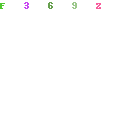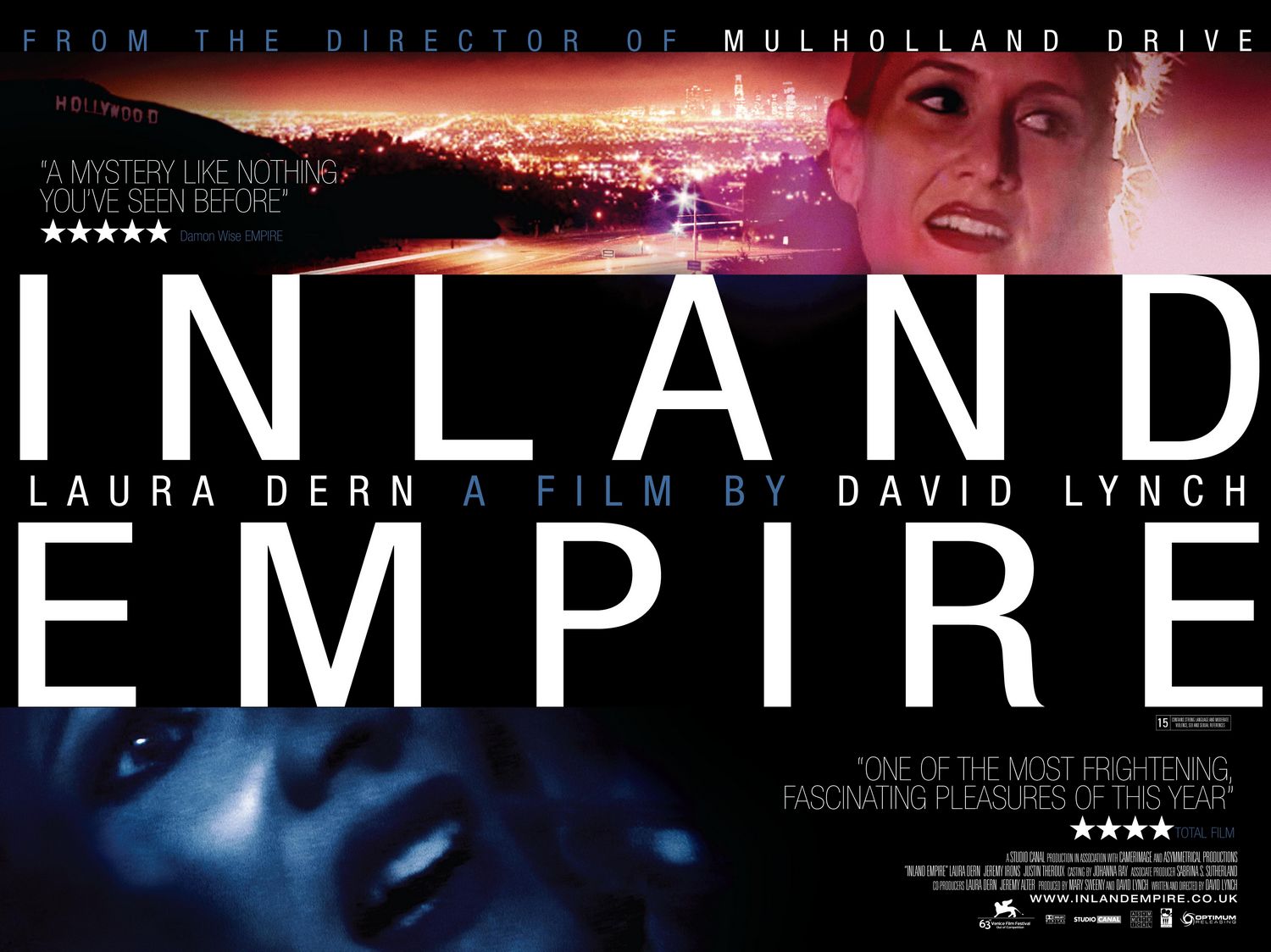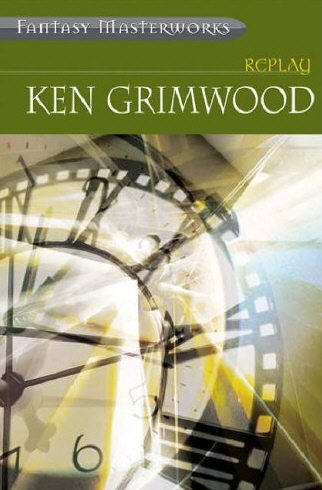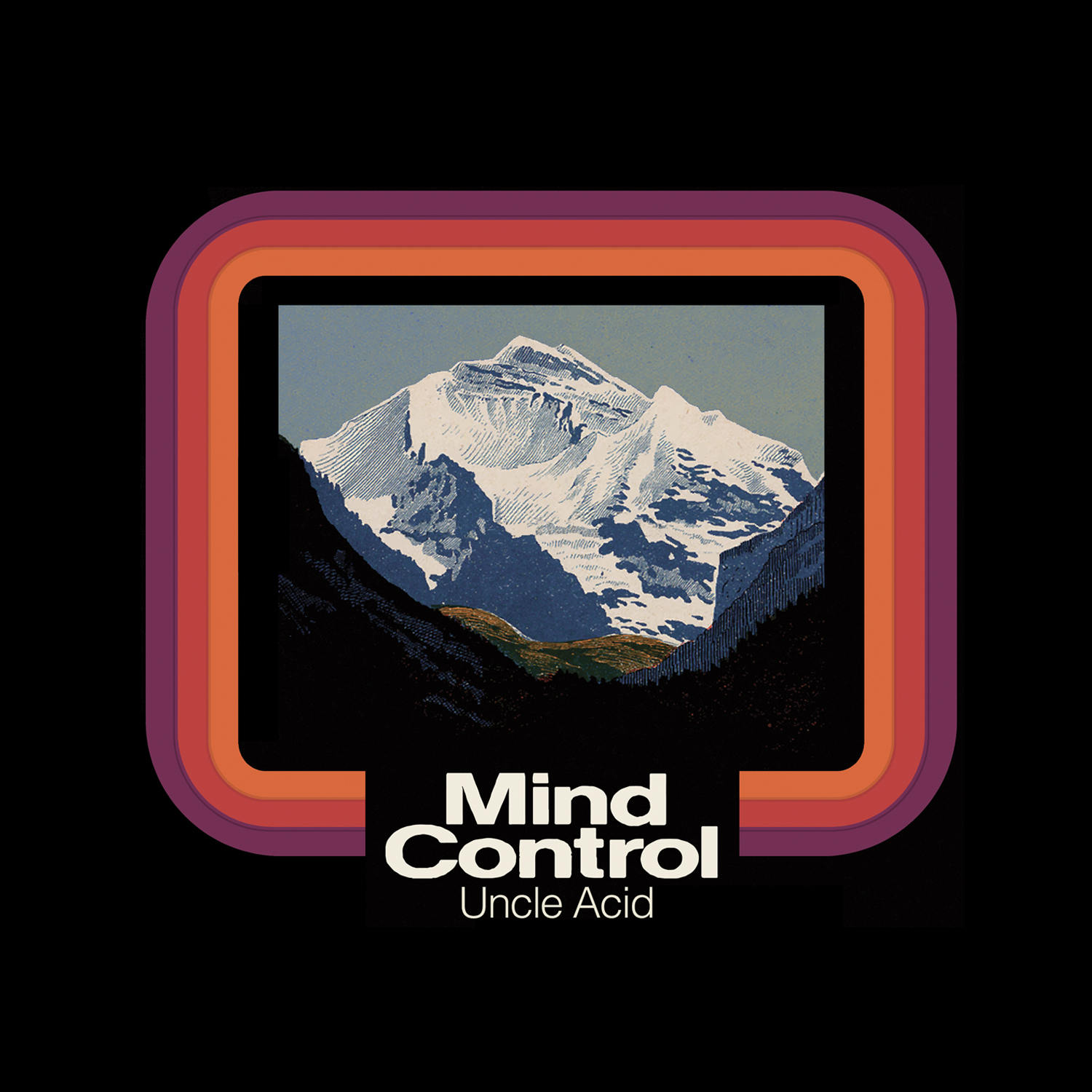From
Tangent/Nader Elhefnawy: "Our Lady centers on Franz Westen, a widowed and formerly alcoholic pulp writer with a lot of time on his hands in '70s-era San Francisco (in short, a rather obvious stand-in for Leiber himself) who is intrigued by a figure--a "pale brown thing" he spots in Corona Heights Park from his apartment window. Coincidentally, his eye then falls on a pair of old books he bought years ago--Megapolisomancy: A New Science of Cities by one Thibaut de Castries, and a journal apparently kept by Clark Ashton Smith of Weird Tales fame--and it strikes him that these might have something to do with that mystery. His fancy tickled, he decides to check out Corona Heights for himself, and what starts as a lark soon enough immerses him in a Lovecraftian mystery amid obscure old books and archives, involving the secret history of San Francisco as influenced by Victorian occultism."
"Leiber, praised by Moorcock in that very same essay as "the best of the older American sf writers," for, among other things, "his wit and his humanity, as well as his abiding contempt for authoritarianism," would seem to live up to that praise with his new take on the Cthulhu mythos, pointedly discarding the older writer's racial and sexual baggage, cutting the implied horrors down to size and using reason to defeat anti-rationalism, all with a spirit of play much like what he previously brought to sword and sorcery in the Fafhrd and the Gray Mouser stories. It is on this level that Our Lady succeeds--admirably, but problematically, since this approach is best suited for a hardcore readership capable of not only recognizing but appreciating such a spin by one giant of science fiction on the work of another."













.jpg)

.jpg)



